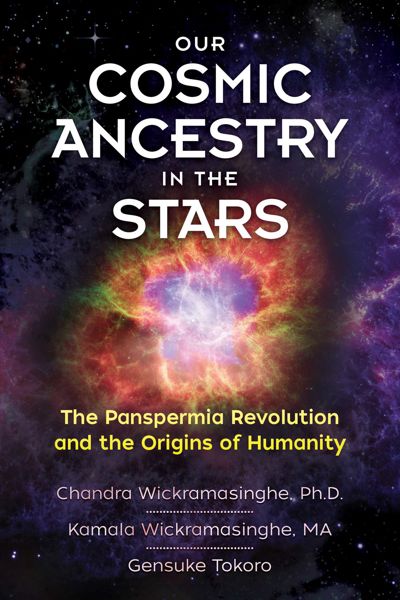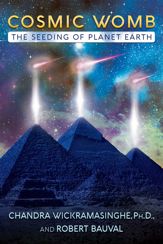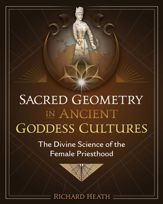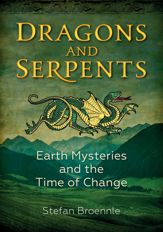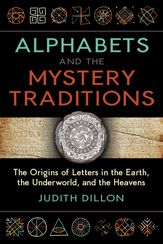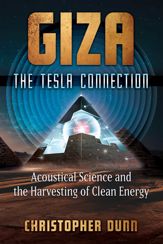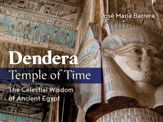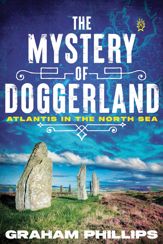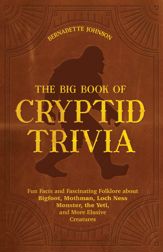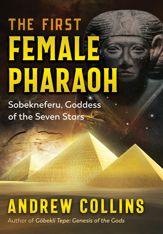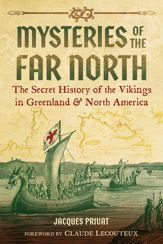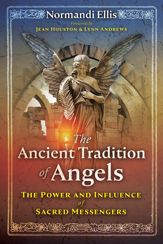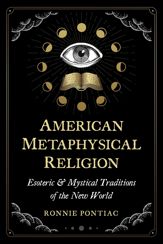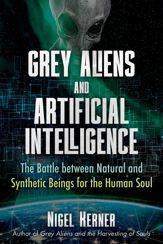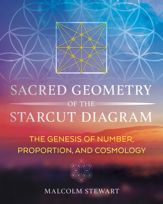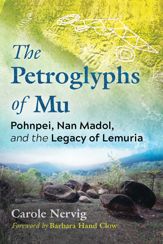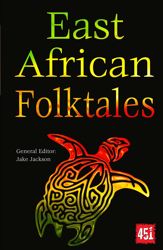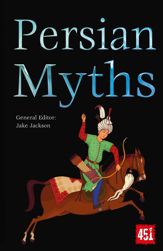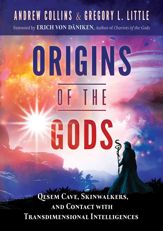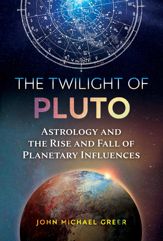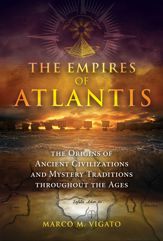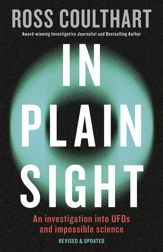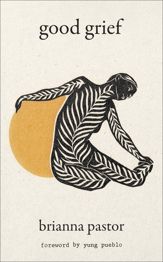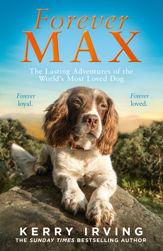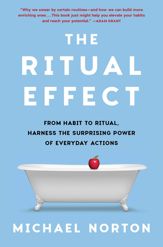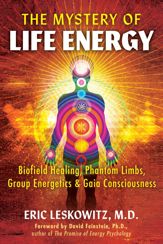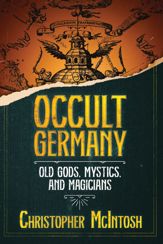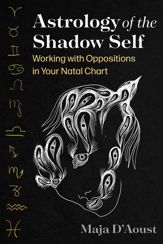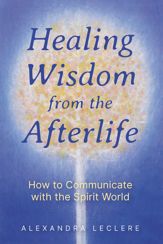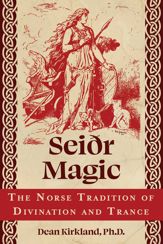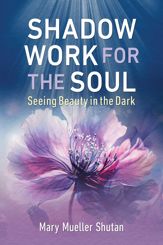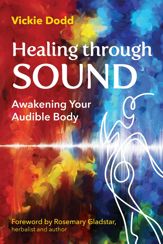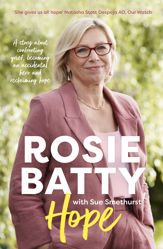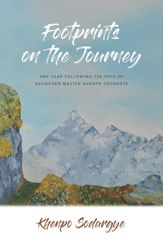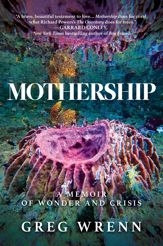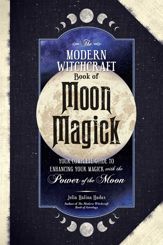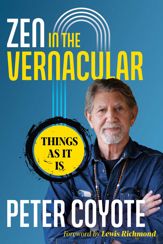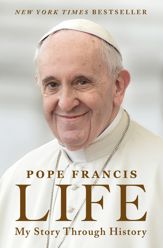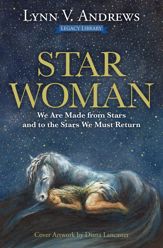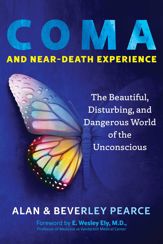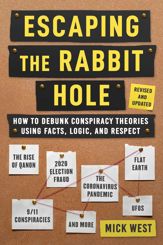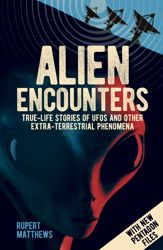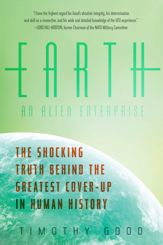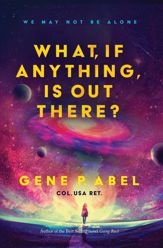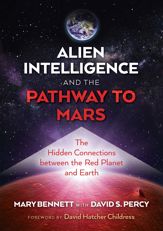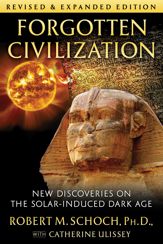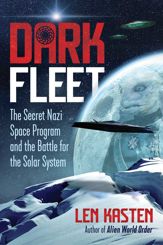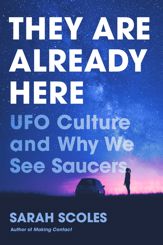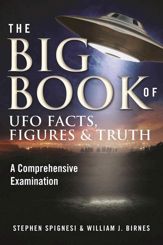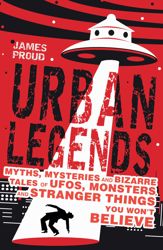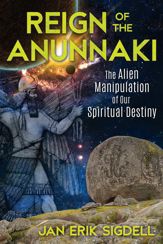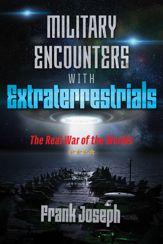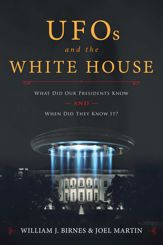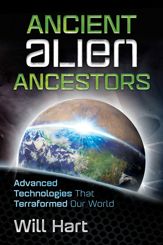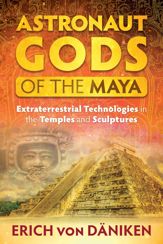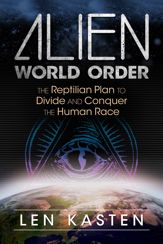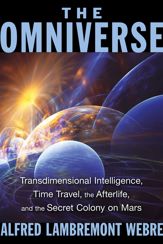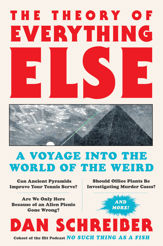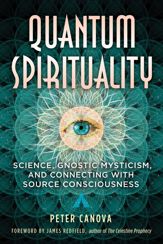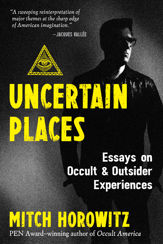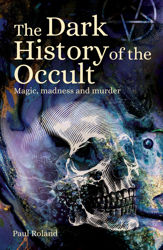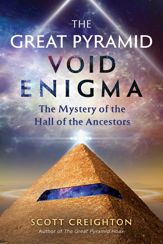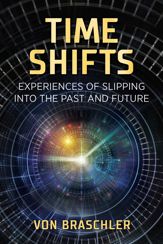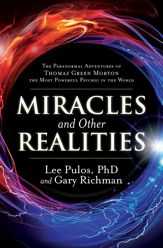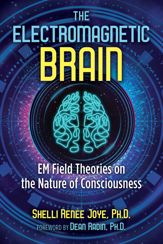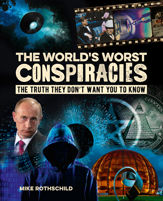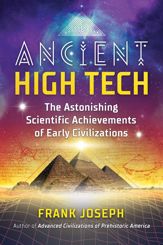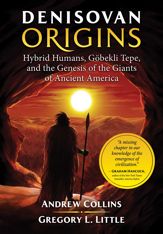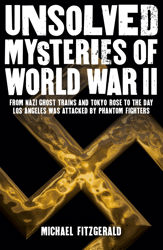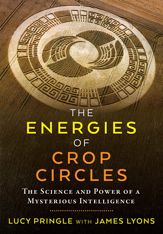“Above all what this book embraces with passion and scientific rigor is the magic and the mystery of life. An enchanting, thought-provoking, and important read. Don’t miss it!”
Description
An exploration of how acceptance of panspermia will soon change history
• Offers extensive scientific proof of panspermia--that life arose on Earth via comets and that evolution is seeded by viruses arriving via comets and interstellar dust
• Explores the major philosophical, psychological, cultural, religious, and environmental ramifications of the acceptance of this new scientific worldview
Mainstream consensus is that life arose on Earth spontaneously out of “primordial soup.” Yet this theory, as well as the Darwinian “survival of the fittest” concept as it relates to major steps in evolution, has no scientific basis or proof. Where, then, did life come from? As the authors show, with conclusive scientific evidence, life came from space--a concept known as “panspermia.” We humans, and all other life on Earth, evolved over millennia in response to viruses that arrived via comets, and we continue to do so.
Exploring the philosophical, psychological, cultural, and environmental ramifications of the acceptance of panspermia, the authors show how the shift will be on par with the Copernican Revolution--when it was finally accepted that the Earth was not the center of the Universe. Explaining the origins of the panspermia theory in the work of the late Sir Fred Hoyle, the authors reveal the vast body of evidence that has accumulated over the past 4 decades in favor of the cosmic origins of life, including viral inserts found in DNA that have shaped our human genome over millions of years. They show how the tiniest of viruses, microscopic animals (tardigrades), and even seeds have been found to be natural cosmonauts. The authors also show how space-borne viruses play a crucial role in the positive evolution of life and that our entire existence on this planet is contingent on the continuing ingress of cosmic viruses.
Revealing how panspermia offers answers to some of humanity’s longstanding questions about the origins of life, the authors discuss the impact this shift in understanding will have on our relationship with the Earth and on culture, history, and religion. And perhaps the most dramatic ramification of all is that acceptance of panspermia means acceptance that Earth is not unique--that other life-filled planets exist and intelligent life is common in the Universe. Not only did we come from space, but we are not alone.
Reviews
“Our Cosmic Ancestry in the Stars is an excellent read! Professor Chandra Wickramasinghe, a pioneer of the theory of panspermia and cosmic biology, writes of the accumulating evidence that life populates all capable hosting places throughout the galaxy and the universe. The authors of the book conclude that our salvation as a species lies in the recognition and acknowledgment of our inalienable cosmic origins.”
“This is a beautifully written book about our cosmic origins and will be understood by everyone wanting to learn more about the origins and further evolution of life on Earth. All the authors have been actively involved in assembling the hard scientific evidence for panspermia and communicating these important proofs to a wider audience. For the past 50 years Sir Fred Hoyle, Professor Chandra Wickramasinghe, and their many contemporary collaborators, such as Gensuke Tokoro, director of the Institute for the Study of Panspermia and Astrobiology (Gifu, Japan), are causing, through their untiring efforts, the second Copernican revolution. Thus 500 years after Copernicus, Galileo, Tycho Brahe, Kepler, then Newton displaced the Earth from the center of the universe, which heralded the birth of the Renaissance in medieval Europe, we are now witnessing an extraordinary rebirth in scientific thinking. We therefore live in revolutionary times. Life did not originate from nonliving elements on the early Earth as is commonly believed--as promulgated by the traditional neo-Darwinian theory of terrestrial evolution. It originated at some unknowable time in deep cosmic antiquity and has spread by panspermic infections and further evolution to all life-compatible habits--comets, moons, planets--throughout the universe.”
“Chandra Wickramasinghe’s central belief that basic microbial life in the universe could be very common and that it naturally spread across the galaxy is extended in this book to take on the topics of evolution itself and the future progress of humanity. Half a century after Neil Armstrong’s ‘one small step’ on the moon, this book is timely, as the authors ponder key ‘cosmic’ questions about where we may have come from and what our future holds.”
